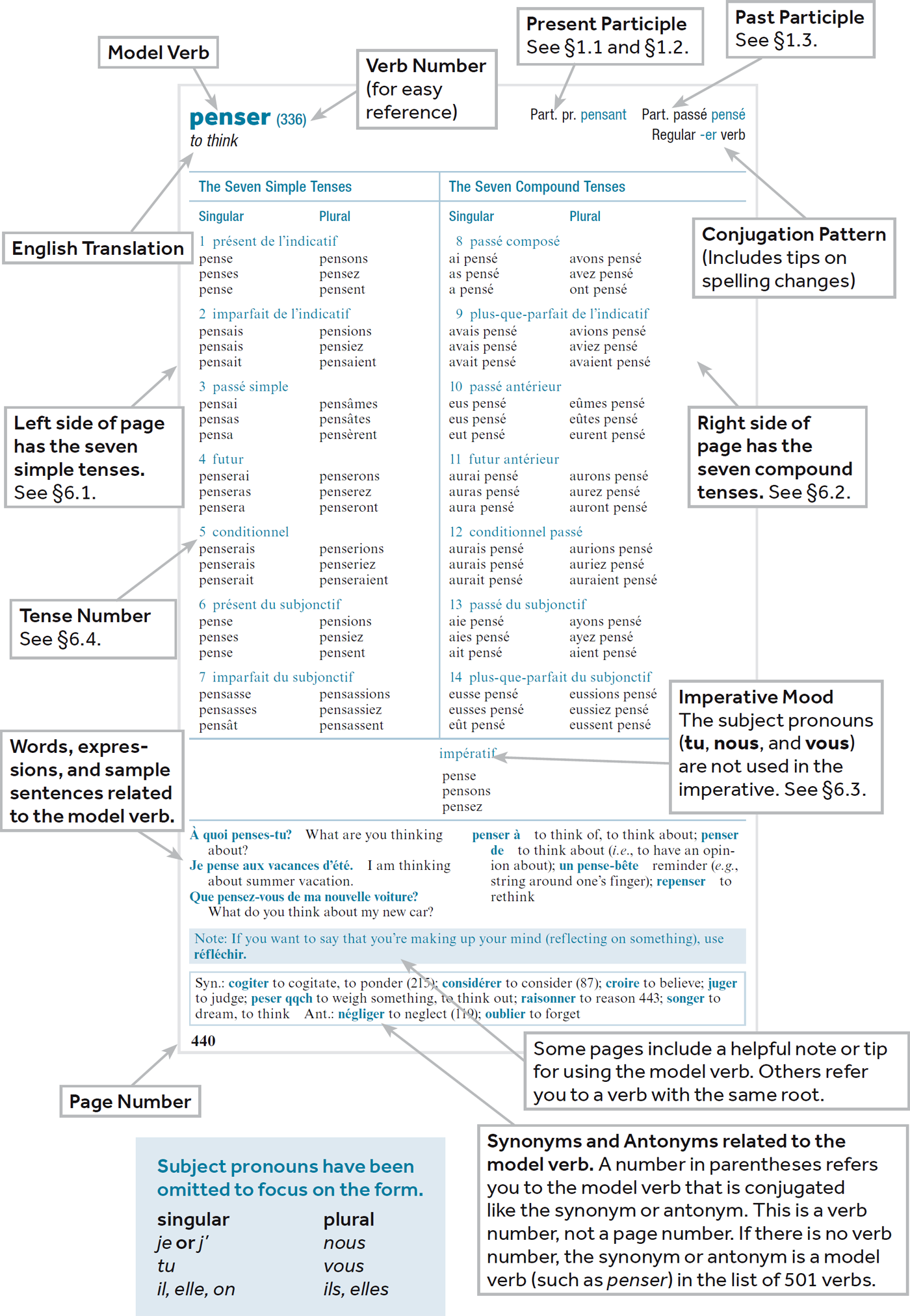

To St. Sophia Greek Orthodox Church
of Albany, New York, our parish
and
to the memory of
Christopher and Yolanda Kendris
With love
Copyright 2020, 2015, 2007, 2003, 1996, 1990, 1982, 1970 by Kaplan, Inc., d/b/a Barrons Educational Series
All rights reserved under International and Pan-American Copyright Conventions. By payment of the required fees, you have been granted the non-exclusive, non-transferable right to access and read the text of this eBook on screen. No part of this text may be reproduced, transmitted, downloaded, decompiled, reverse engineered, or stored in or introduced into any information storage and retrieval system, in any form or by any means, whether electronic or mechanical, now known or hereinafter invented, without the express written permission of the publisher.
No part of this publication may be reproduced or distributed in any form or by any means without the written permission of the copyright owner.
Published by Kaplan, Inc., d/b/a Barrons Educational Series
750 Third Avenue
New York, NY 10017
www.barronseduc.com
ISBN: 978-1-5062-6065-5
10 9 8 7 6 5 4 3 2 1
Contents
4 Principal Parts of Some Important Verbs
( Les Temps primitifs de quelques verbes importants )
11 Orthographically Changing VerbsVerb Forms that
Change in Spelling
15.7 The Following Verbs Require No Preposition
Before the Infinitive
15.8 The Following Verbs Do Not Require a Preposition,
Whereas in English a Preposition Is Used
Alphabetical Listing of 501 French Verbs
Fully Conjugated in All the Tenses and Moods
Index of Over 2,800 Additional Verbs Keyed to Listing of
501 French Verbs
Dr. Christopher Kendris worked as interpreter and translator of French for the U.S. State Department at the American Embassy in Paris. He earned his B.S. and M.S. degrees at Columbia University in New York, where he held a New York State Scholarship, and his M.A. and Ph.D. degrees at Northwestern University in Evanston, Illinois, where he held a Teaching Assistantship and Tutorial Fellowship. He also earned two diplomas with Mention trs Honorable at the Universit de Paris (en Sorbonne), Facult des Lettres, cole Suprieure de Prparation et de Perfectionnement des Professeurs de Franais ltranger, and at the Institut de Phontique, Paris. In 1986 he was one of 95 teachers in the United States awarded a Rockefeller Foundation Fellowship for Teachers of Foreign Languages in American High Schools. He taught French at the University of Chicago as visiting summer lecturer, at Colby College, Duke University, RutgersThe State University of New Jersey, and the SUNY Albany. He was Chairman of the Department of Foreign Languages and Supervisor of 16 foreign language teachers on the secondary level at Farmingdale High School, Farmingdale, New York, where he was also a teacher of all levels of French and Spanish, and prepared students for the New York State French and Spanish Regents, SAT exams, and AP tests. Dr. Kendris was the author of 22 school and college books, workbooks, and other language guides of French and Spanish. He was listed in Contemporary Authors and the Directory of American Scholars.
Dr. Theodore Kendris earned his B.A. degree in Modern Languages at Union College, Schenectady, New York, where he received the Thomas J. Judson Memorial Award for modern language study. He went on to earn his M.A. degree in French Language and Literature at Northwestern University, Evanston, Illinois, where he held a Teaching Assistantship. He earned his Ph.D. degree in French Literature at Universit Laval in Quebec City, where he studied the Middle Ages and Renaissance. While at Universit Laval he taught French writing skills as a charg de cours in the French as a Second Language program and, in 1997, he was awarded a doctoral scholarship by the Fondation de lUniversit Laval. He has also taught in the Department of English and Foreign Languages at the University of St. Francis, Joliet, Illinois, and at the Hazleton Campus of Pennsylvania State University. He is currently teaching in the Department of Languages and Cultures at Bloomsburg University, Bloomsburg, Pennsylvania, and at Lock Haven University, Lock Haven, Pennsylvania.

Learning Tips
Verbs are where the action is! This self-teaching book of 501 commonly used French verbs for students and travelers gives you easy access to verbs and their correct forms. You will master French verb forms if you study this book for a few minutes each day, especially the pages in the front section of the bookbefore the alphabetical listing of 501 verbs.
Reference Tips
Alphabetical Listing
The 501 verbs are arranged alphabetically by infinitive. You can find the infinitive listed at the top of each page, starting on .
Verb numbers
Each of the 501 verbs has been assigned a number. Those numbers can be found at the top of each of the 501 verb pages. Remember to refer to those verb numbers, not page numbers, when you use the indexes at the back of the book.
Synonyms and Antonyms
At the bottom of each of the 501 verb pages, you will find synonyms and antonyms along with verb numbers. These will help you find a model verb that is conjugated in the same way.
Defective and Impersonal Verbs
Some verbs, such as neiger (to snow), are not used in all the persons (I, you, we, etc.). You can find these verbs in a separate section immediately after the main listing, beginning on . In other words, this book contains more than 501 fully conjugated verbs!
English-French Verb Index
Toward the back of the book, beginning on , is a list of English verbs. If you cant remember the French verb that you need, use this list to find it. Then use the verb number (in parentheses) to find a model verb that is conjugated the same way. If no verb number is shown, the French verb you need is in the main listing.
Index of Over 2,800 Additional Verbs Keyed to Listing of 501 French Verbs
At the end of the book, beginning on , you will find a list of over 2,800 French verbs. These are conjugated like the model verbs in the main list of 501 verbs. Just use the verb number or numbers (in parentheses) to find a model verb that is conjugated in the same way as the verb that you want to use.
Study Tips
The front section of 501 French Verbs has a wealth of information to help you study the formation and usage of French verbs. If you have a particular need, you can find the topic in the table of contents. The following describes a few of the most common sections that students use.
Present and Past Participles in FrenchFormation This section will help you learn the formation of both regular and irregular present and past participles.
Derivation of Tenses Once you are comfortable with conjugating avoir (verb 62) in the simple tenses, you will be able to form any compound tense simply by adding the past participle of avoir . For example, jai + parl (the past participle of parler ) = jai parl / I have spoken.
Sample English Verb Conjugation











